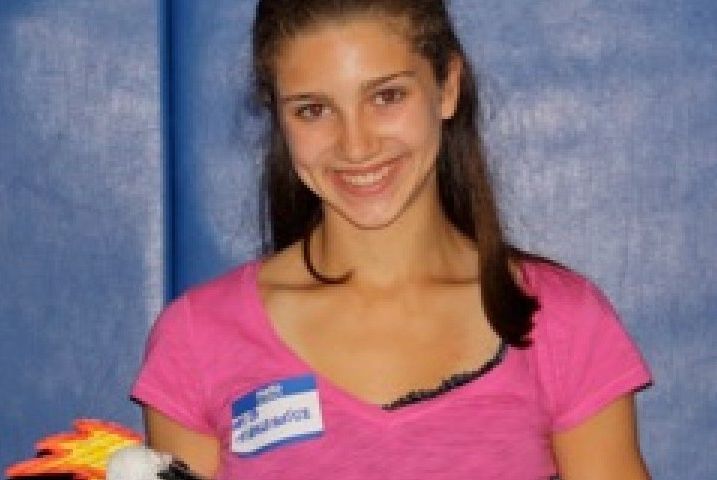STEM In The Community
A Sun-Powered Sprint

A team of two girls pulled their solar-powered car into the pit stop area and used some hot glue to readjust the wheels, which were actually plastic juice bottle tops. With the Junior Solar Sprint about to start, they wanted to be sure their entry would run straight and fast.
Many people think of the Junior Solar Sprint as race, which it is—this year’s event will be held June 6. And it’s a fun race, for sure, with orange crates, aluminum foil and bright paint brought to life as model cars. But it is also a challenging hands-on STEM activity for students in grades four to eight.
To prepare for the sprint, held in early summer, students work in pairs or groups, some in classrooms, others in after-school programs, to design and build their own model solar cars.
Along the way, they develop their teamwork and problem solving abilities, investigate environmental issues, gain hands-on engineering skills, and use principles of science and math—all toward creating the fastest, most interesting, and best-crafted vehicles possible.
Students use real solar panels and purchased as well as recycled materials to build their high-performance solar cars. The experience, says Sarah Cote, who works on this and other programs at Cape and Islands Self Reliance—the non-profit organization that has hosted the sprint for the last 12 years—gets students interested in environmentally sound technologies and sustainable practices.
What’s especially interesting to us from a STEM point of view is the way the process, from design to racing, engages students’ creative thinking, then puts it to the test. It’s all about experimentation.
That's why the Cape Cod STEM Network is pleased to be co-hosting the event this time. One goal inspire more teachers and schools to put together teams and join the race. See our News and Events page for details about the next Junior Solar Sprint and related teacher professional development opportunities.
There are also lots of ways for community members to get involved, from timing races to judging the solar cars. Past volunteers have included Self Reliance board members, friends and family, as well as scientists and educators from Waquoit Bay National Estuarine Research Reserve, AmeriCorps, and the North East Sustainability Energy Association (NESEA). Let us know if you'd like to be a part of it this year. Or just come watch the sprint on June 6 at Cape Cod Community College.